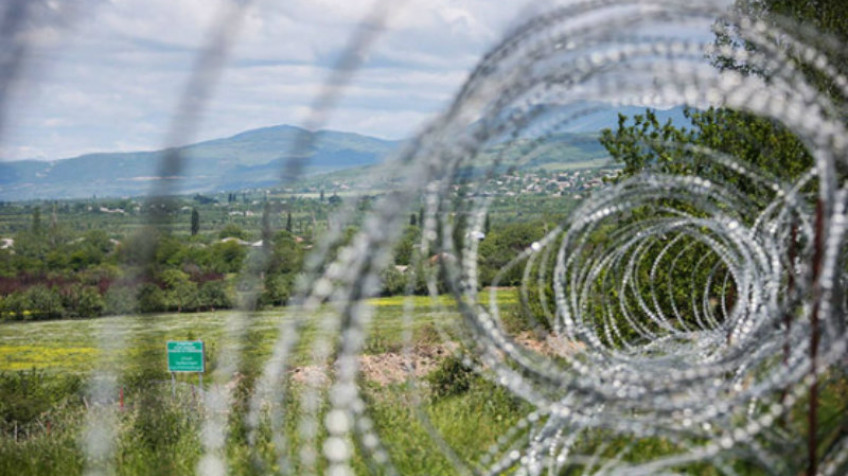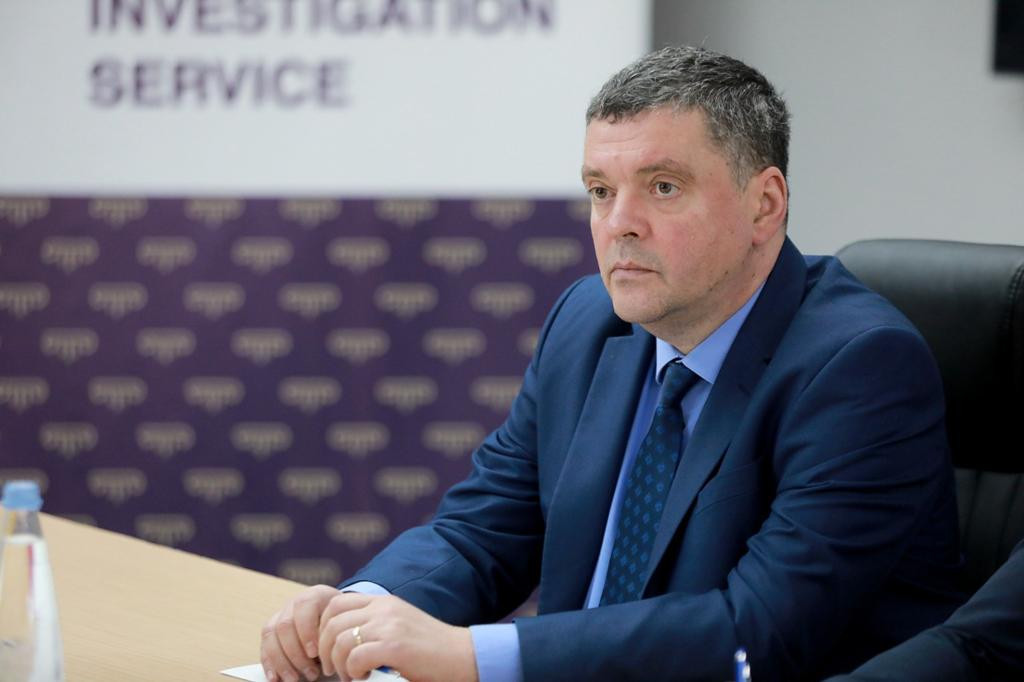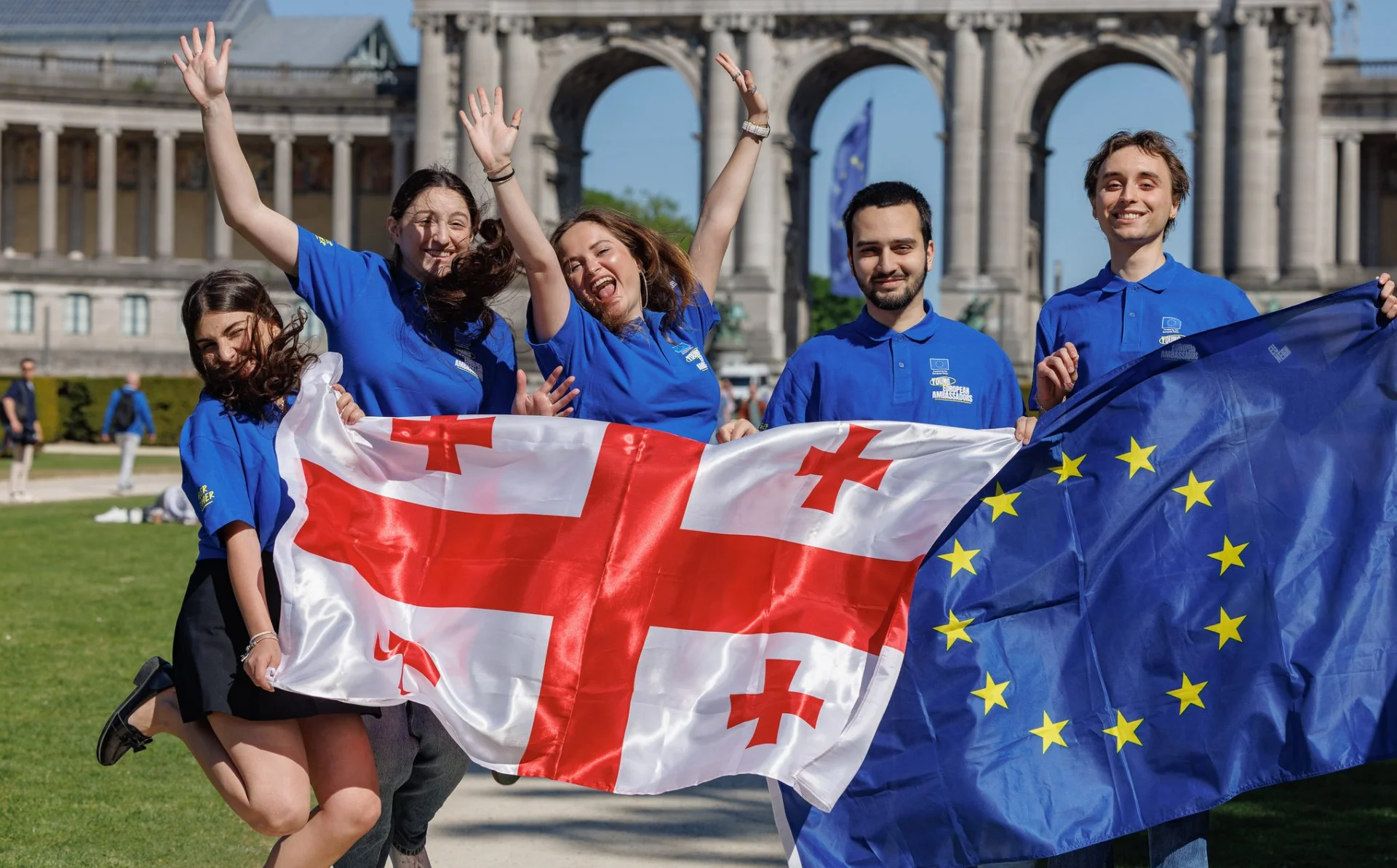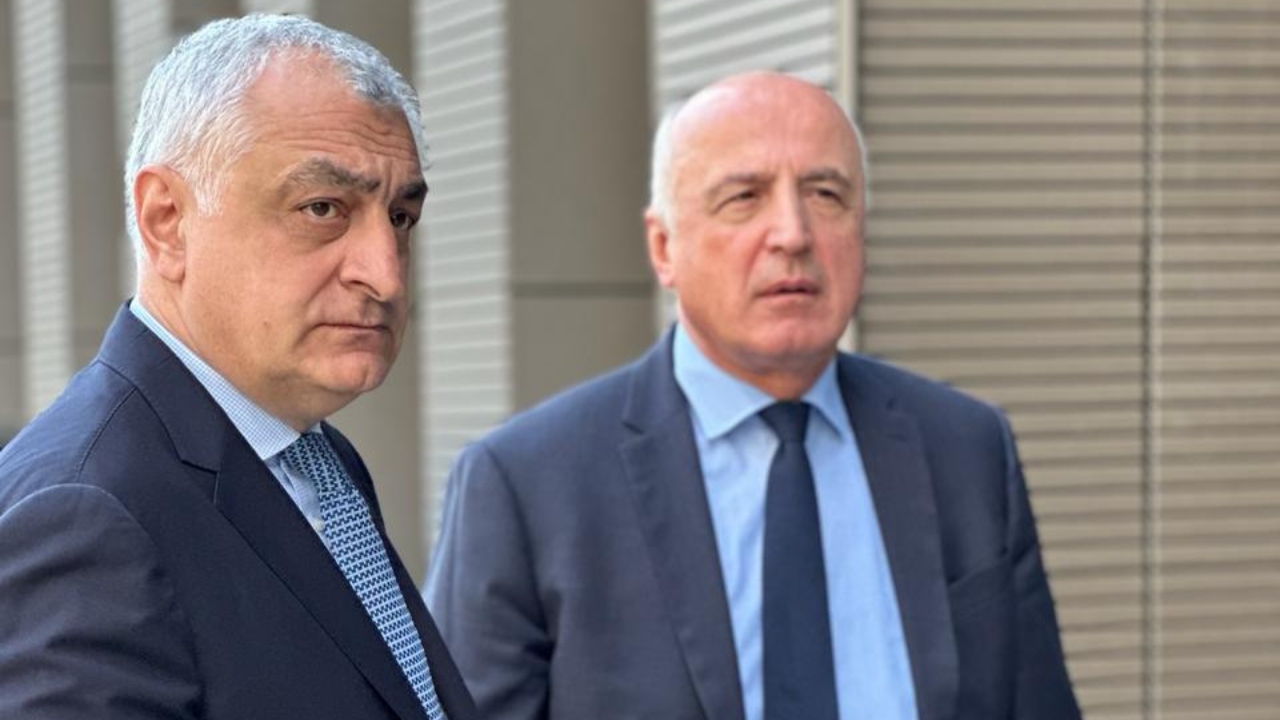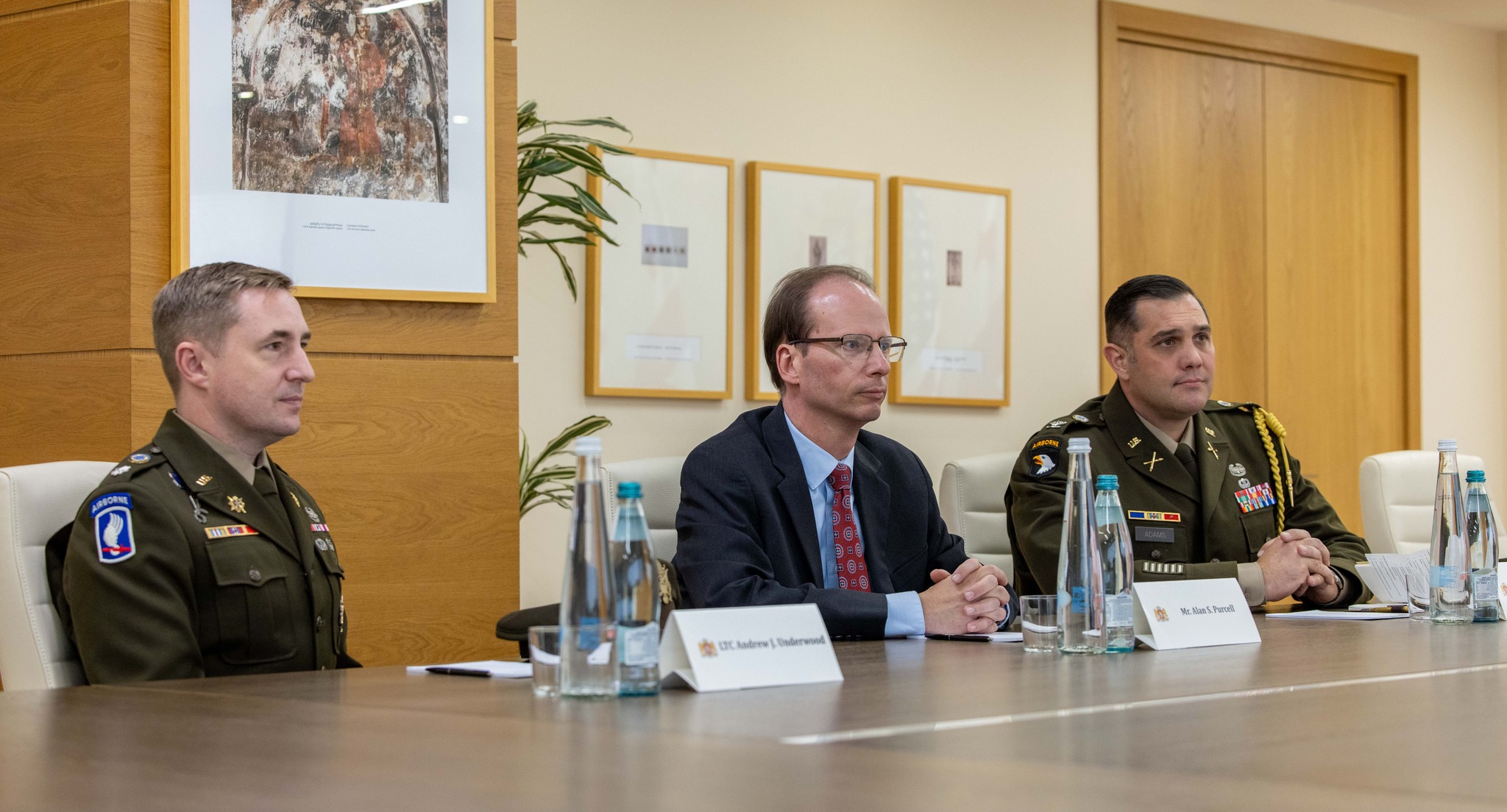Batumi Conference and trio countries' European path were topics of the Europe Time interview with Tomasz Kijewski, president of the Warsaw Institute.
Tomasz Kijewski graduated from international relations at the University of Lodz (scholarship at the Center for Transatlantic Studies in Maastricht, the Netherlands) and post-graduate studies at the National Defense University in Warsaw. Graduate of the national security study program (PASS) at the George C. Marshall European Center for Security Studies (Garmisch-Partenkirchen / Washington DC). He completed a course at the International Energy Agency in Paris and was an International Visiting Advisor on Energy in Calgary. For many years, he served as a diplomat, actively promoting Polish interests in North America. The areas of Tomasz’s expertise include hybrid warfare and asymmetric conflicts, counter-terrorism, and energy security. He is currently preparing his doctoral dissertation (Ph.D.).
_What are your expectations from the Batumi conference?
We would like to have a deeper understanding of the Georgian Foreign Policy and how Georgia can move faster towards EU integration and strengthen cooperation with European and Western partners. I think it is a very important question right now. Despite the fact that Georgia is on its way to European integration, there are a lot of challenges.
_What are the main challenges?
The main challenges are always connected with internal policy and the ability to accommodate this path for integration. So, economic development and international cooperation are also key issues. We should focus on building stronger cooperation. This is what we have to do. Not so much on external actors, but strengthening cooperation within institutions, within countries, between Georgia and European Union countries and other western countries.
_How do you evaluate trio countries' ambitious goals?
I think that the three countries are the most advanced countries of the eastern partnership on their way to European integration. So, I think this is an important time. We should speed up the process because different political changes can happen as we observe the European political landscape. This is a time we should use. We would like to have a deeper understanding of the Georgian Foreign Policy and how Georgia can move faster towards EU integration and more cooperation with European and western partners. I think it is a very important question right now.
Despite the fact that Georgia is on its way to European integration, there are a lot of challenges. This is a time we should use. The talks and the process in Georgia are getting closer to the European structures that have been established a long time ago. I think it is a great time just to speed up the integration. It should be done in cooperation between Georgia and the European Union.
At the same time, in my opinion, the European Union and other western countries should be flexible when it comes to respecting cultural differences in countries like Georgia, in countries like Poland, and others. The standard of democratization is very important and it should be respected, but I think we can not force countries like Georgia to just make one model of democracy in this sense. So, I think the differences in cultural and political approaches should be preserved and should not be an obstacle to integrating into European structures.



